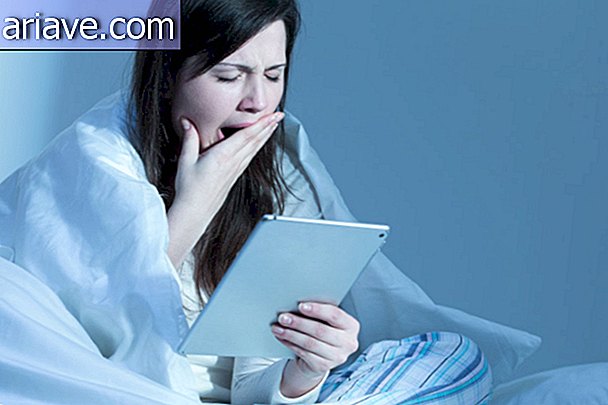What are the effects of daylight saving time on our health?
Ah, summer time! That time of year when the days dawn with a little more darkness and the afternoons show a glorious sun in the sky much longer before night falls. For some people, this same time is absolutely torture, as the 1-hour advance in almost all of the country's official time makes the "organism slow to get used".
On the other hand, some people are fans of this change, mainly because the days get longer, which makes some people more willing to work out and even enjoy that happy hour with friends at the end of the day. But thinking about this duality of opinion, what are the effects of daylight saving time on our health? Was it a cluster of ills, starting with the constant feeling of sleep?
Or can the body expend energy for more hours, since clarity could stimulate the production of a certain substance or another whose function is beneficial to health? Unfortunately, this last alternative is unfounded (at least it has not been scientifically proven) and what prevails among the features listed below are the downsides of the time advance. Let's see what happens:
More heart attacks

A team of Swedish researchers conducted a study in 2008 that found that the three weeks after the time change show a 5% increase in heart attack rates compared to other times of the year. According to another study published in the New England Journal of Medicine, this increase in cardiovascular accident records may be due to the changing sleep patterns that daylight savings cause in people.
Several studies have shown that lack of sleep can increase the chances of inflammation in the body and the level of activity of the sympathetic autonomic nervous system. Both changes can generate very significant metabolic changes to people's health.
More car accidents?
Firstly, it must be said that this theory of the increase in the number of accidents during daylight saving time generates very diverse opinions among scholars. Even so, the most widely accepted version is that sudden changes in people's sleep patterns tend to diminish humans' ability to concentrate and perceive.
For this reason, it can be said that there is an increased risk of potential accidents, including cases of violent collisions. But remember that this theory divides opinions a lot.
Significant changes in the “biological clock”

An hour may not seem long enough to mean much, but you can be sure that this is enough to alter the functioning of the human biological clock. And these changes can affect your heart rate, your body's immunity and defense functions, and even deregulate your "usual" bathroom trips.
Productivity decrease
After so many sleep-related problems that can be caused by daylight saving time, it is not at all impressive to conclude that the first few weeks of “new time” make people feel more tired. And tired employees tend to be more scattered, which will surely lead to a drop in their productivity rates.
More work accidents
Tired and inattentive (and less productive) employees are more likely to suffer work-related injuries. In addition to sounding like a logical question, this was the result of a study published in the Journal of Applied Psychology, which analyzed data from one company over a 23-year period.
Increasing Your Internet Downtime

That's right: Daylight saving time can make you spend more time looking at useless entertainment articles on the internet. While this does not really affect your body, it will certainly affect your daily productivity throughout your normal work routine and the like.
And there is more!
Among the effects of an hour's advance on clocks, we can still list frequent headaches, which can directly affect people's moods, satiety (the amount of hunger or the desire to eat foods high in fats and sugars) and everything else that is generated by the sudden change in sleep pattern.
But what you did not know is that in some areas of the United States, some social scientists have found that daylight saving time may have influenced the rise in local crime. According to a report by the NPR website, a survey at the University of Virginia showed that the crime rate increased by 7% over the period of the year with the early hour.
End of daylight saving time?
By 2017, daylight saving time is expected to start October 15, ending February 17 next year. However, the federal government is considering canceling the schedule from this year on the grounds that it no longer impacts the economy - previously, more energy was consumed at night, but now, according to analysts, is happening during the period. in the afternoon because of the air conditioners.
The possible cancellation would not go blank, and the crowd is divided on social networks. And you, dear reader, do you think daylight saving time should really end? Give your opinion!











